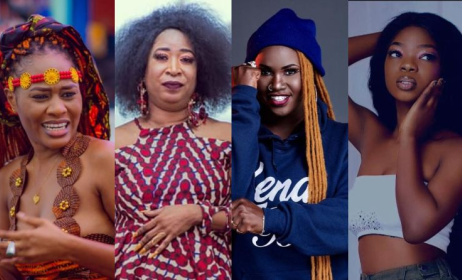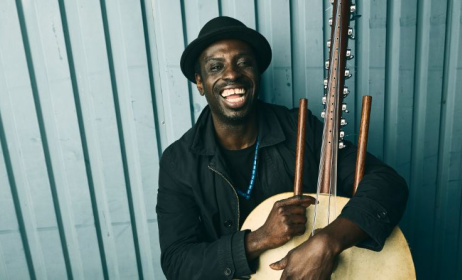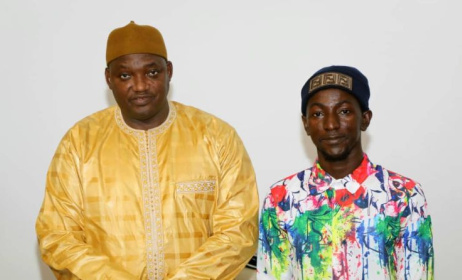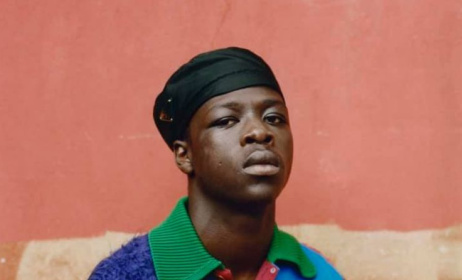Gambia will not support ‘unethical songs’
The Nigerian government recently banned an Olamide single for what it perceived as the song’s endorsement of drug use. The Gambian government may be on the verge of doing the same.
 Gambian music fans may soon be unable to listen to certain songs. Photo: The Standard
Gambian music fans may soon be unable to listen to certain songs. Photo: The Standard
The small West African country has wrestled with musical influences for some time, objecting to the presence of Nigerian music on radio. Now it appears to be going after lyrical content of songs from its own citizens.
Last Monday, the creative and performing arts director of the National Centre for Arts and Culture, Sheikh Omar Jallow, said his establishment was against “unethical” songs by Gambian acts. He was speaking to a local publication.
Jallow’s grouse seems to be founded on an apparent abandonment of the country’s customs and traditions for music that fails to inform, educate and entertain the community.
“On behalf of the centre, we condemn this act and we will not support them in any manner,” he said. “Music is not about insulting but to educate and entertain the listeners. Gambians should practice their own culture rather than imitating foreign artists.”
Jallow’s sentiment might find sympathisers in East Africa, where, according to a report in 2015, the “Kenya Musician Movement (KENAM) protested the lack of airplay and bias towards South and West African music as they demanded for 70% Kenyan music airplay on all platforms”.
Jallow was targeting artists involved in the production of Gambian performing arts: musicians, film-makers, dancers, fashion designers and the theatre industry whose activities contribute to the national economy.
“Recently, we started to look into the contribution of performing arts in general with the World Intellectual Property Organisation,” Jallow said. He also spoke about the state of the Gambian music industry and the use of music instruments by younger acts.
Jallow said the National Center for Arts and Culture had plans to organise festivals in the country because cultural tourism could mean more income for the country.



































Comments
Log in or register to post comments